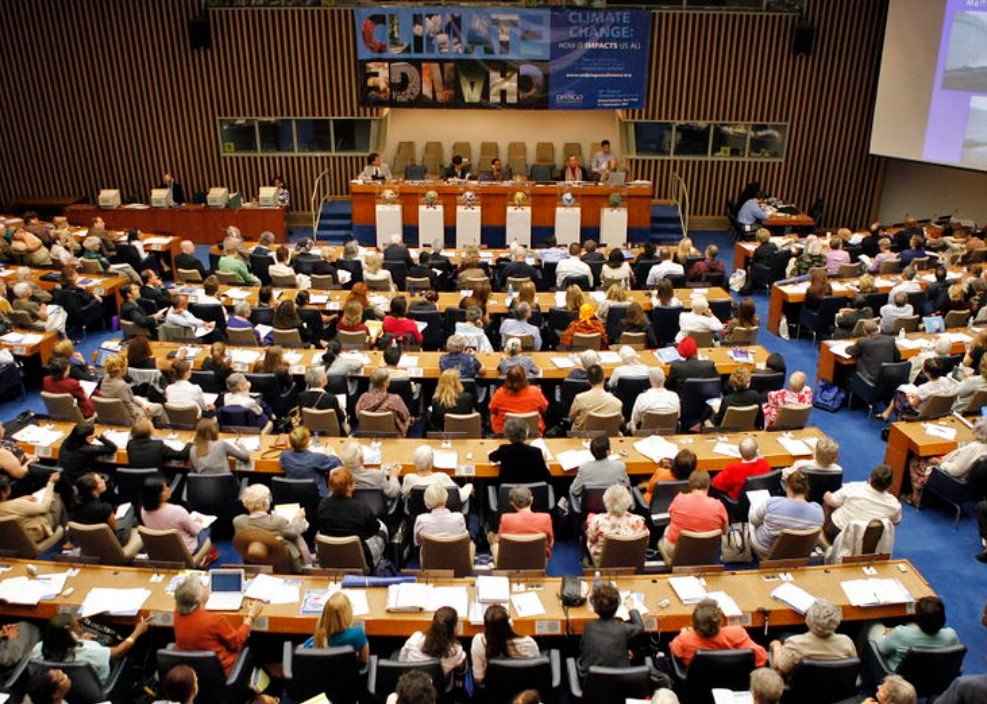Scientists from China and the UK are calling for increased cooperation to tackle climate change.
Over 130 experts gathered in Kunming, Yunnan Province, swapping ideas on the latest in climate science. The three-day workshop wrapped up on Friday, emphasizing the urgency of joint efforts between the two nations.
Sharing Breakthroughs in Climate Research
The workshop wasn’t just talk; it was a meeting of minds delving into serious topics. From climate change detection and prediction models to the cutting-edge use of machine learning in climate science, the discussions were anything but superficial.
Scientists didn’t hold back in exploring how their research could make a real difference. They looked at practical ways to turn scientific findings into climate services that communities can actually use.
The Need for Urgent Action
Rowan Sutton, head of the UK Met Office Hadley Centre, didn’t mince words. With extreme weather events becoming more common, he stressed the immediate need for countries to work together. “Enhancing society’s resilience isn’t just a goal; it’s a necessity,” he remarked.
Chao Qingchen of China’s National Climate Center echoed this sentiment. She highlighted that understanding climate better isn’t just academic—it’s about addressing pressing issues like health, food security, and energy needs.

A Decade of Partnership and Progress
Anthony Preston, the British Consul General in Chongqing, praised the Climate Science for Service Partnership China (CSSP China) project. Calling it “one of the best examples” of UK-China collaboration, he noted how both countries are leaders in leveraging science to combat climate change.
Zhou Tianjun from the Chinese Academy of Sciences pointed out the project’s role in nurturing young talent. Over 100 early-career scientists have been trained through this initiative, setting the stage for the next generation of climate experts.
- Significant strides have been made in areas like climate extremes and tropical cyclone forecasting.
- Machine learning is being harnessed to advance climate sciences.
- Climate-resilient food systems are under development.
Real-World Impact and Future Plans
The CSSP China initiative isn’t just about research papers—though over 150 global policy documents have cited its work. It’s about creating tangible tools and services.
They’ve developed seasonal rainfall forecasts for the Yangtze River Basin and even forecasts for maize yields in northeastern China. The tea industry in Yunnan Province is also benefiting from these climate service prototypes.
Zhou Tianjun made it clear that this is just the beginning. “We’ll keep working together to bring about greater social benefits,” he said, emphasizing the ongoing development of climate service applications.
















